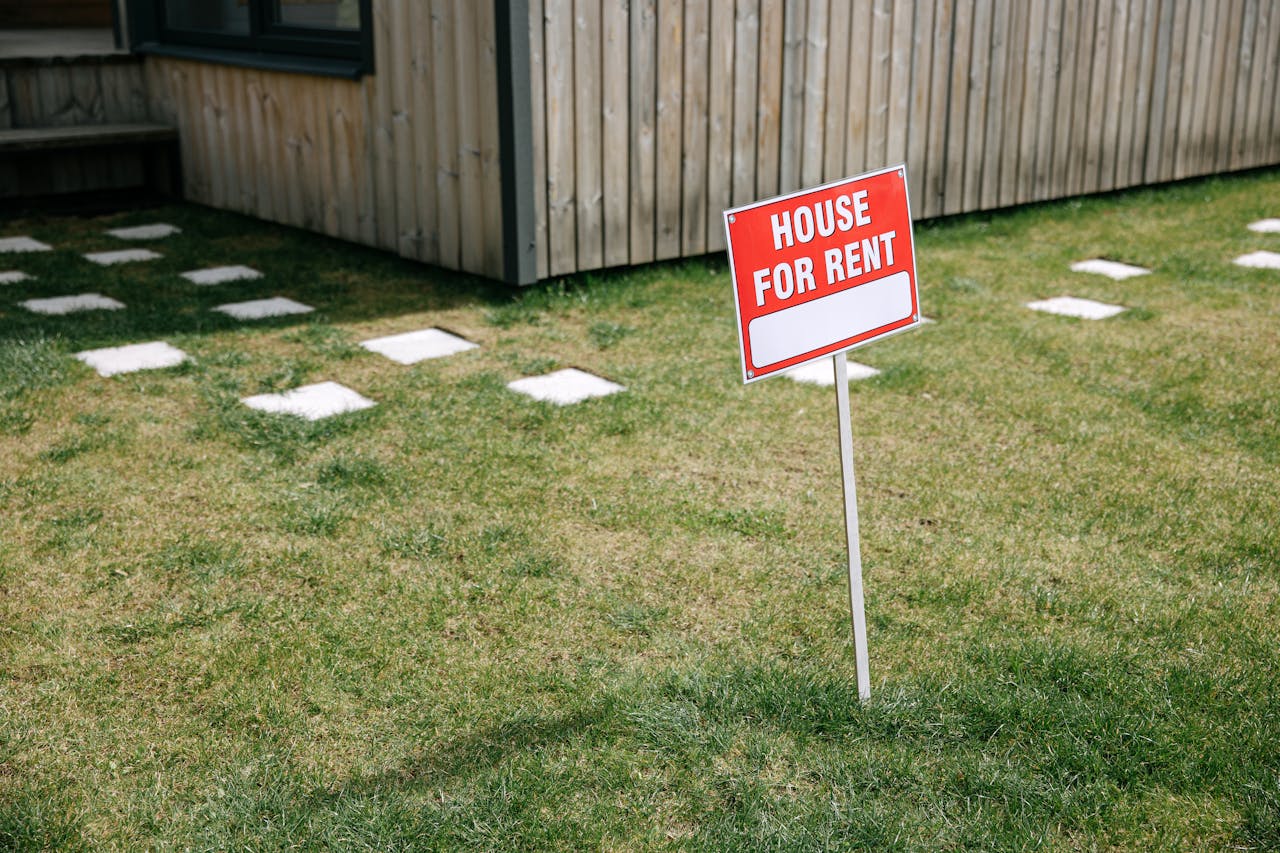
It’s 2024, so it’s a must to learn how to make money work for you. Among various types of investment, real estate is one of the most promising. If you’re planning to invest in real estate, it’s important to know how to buy a rental property, especially if it’s your first time.
You see, there’s more to buying a rental property than just finding the perfect location. There are many things you need to consider to ensure you’re making a wise investment. So, without further ado, let’s take a look at some tips on how to buy your first rental property.
Screen Tenant Options Carefully
 Being extra picky about the tenants you’re going to choose is not really a bad idea. In fact, screening potential renters carefully can save you headaches down the road. Start by setting clear criteria for what you’re looking for in a tenant, such as stable income and a good rental history. Consider conducting background and credit checks to verify their financial responsibility and check references from previous landlords to gauge their reliability.
Being extra picky about the tenants you’re going to choose is not really a bad idea. In fact, screening potential renters carefully can save you headaches down the road. Start by setting clear criteria for what you’re looking for in a tenant, such as stable income and a good rental history. Consider conducting background and credit checks to verify their financial responsibility and check references from previous landlords to gauge their reliability.
Set Clear Goals
Setting clear goals is essential. Before diving into the real estate market, take some time to define what you want to achieve with this investment. Are you targeting a steady stream of passive income? Do you have a specific target for the return on investment you’d like to see? It’s also a must to take into account various aspects such as location, type of property, and target tenant demographic when setting your goals. By having clear goals in place from the start, you can ensure that every step taken aligns with your long-term vision for the investment.

Calculate Expenses
When purchasing your first rental property, it’s essential to calculate all potential expenses involved. Start by considering the initial investment required for the property purchase, including down payment and closing costs. You don’t want to overlook ongoing expenses that can range from property taxes and insurance to maintenance fees and basic utilities. It’s crucial to estimate potential vacancy periods and budget for unexpected repairs or renovations. Research rental rates in the area to ensure you set a competitive price that covers your expenses while also generating a profit. Consider hiring a property manager if you prefer a hands-off approach, but remember this will add to the expense.
Know Your Financing Options
 One common option is a traditional mortgage from a bank or credit union. This route typically requires a down payment and has specific eligibility criteria. Another avenue is seeking out private lenders or hard money loans. While these options often come with higher interest rates, they can provide more flexibility in terms of approval requirements.
One common option is a traditional mortgage from a bank or credit union. This route typically requires a down payment and has specific eligibility criteria. Another avenue is seeking out private lenders or hard money loans. While these options often come with higher interest rates, they can provide more flexibility in terms of approval requirements.
Understanding your financing choices will empower you to make informed decisions and set yourself up for success in the real estate market. By following these easy tips, you’ll be well on your way to making a successful entry into the world of real estate investment. With patience, smart decision-making, and a solid strategy in place, your first rental property could be just the beginning of a lucrative portfolio.
